TRAINING
CaDa in partnership with Elevate Technologies Pvt Ltd specialize in providing high-quality, tailored training programs and digital literacy for companies, youths, and children. With a deep understanding of the ever-evolving tech landscape, we design and deliver engaging, hands-on training experiences that equip participants with the skills needed to excel in today’s digital world.
In addition to our standard training, we provide consultancy services to help businesses and organizations develop customized training programs tailored to their unique needs and objectives. Our team works closely with clients to understand their specific requirements, whether it’s upskilling employees, implementing a cybersecurity strategy, or fostering innovation through AI adoption.
Expertise and Experience: Our team of experienced professionals combines technical expertise with a passion for teaching, ensuring high-quality, impactful training.
Flexible Delivery Options: We offer both in-person and virtual training sessions to meet the diverse needs of our clients.
Engagement and Interactivity: We prioritize hands-on, interactive learning experiences to ensure that participants can apply their knowledge in real-world scenarios.
Industry-Relevant Content: Our training materials are continually updated to reflect the latest trends, technologies, and security practices.
By partnering with us, companies, schools, and individuals gain access to the tools and knowledge necessary to thrive in an increasingly digital world. Whether you are looking to upskill your workforce, empower the next generation, or enhance your organization’s security posture, we have the expertise to help you succeed.
Our Focus: Empowering Change for a Sustainable Future
At CADA, we are driven by a shared vision—to create lasting impact through innovation, inclusion, and sustainability. Our initiatives are designed to empower communities, protect our planet, and unlock opportunities for generations to come.
Renewable Energy: Empowering Communities with Clean Energy
We champion clean and sustainable energy solutions that power progress, reduce carbon emissions, and bring affordable electricity to under served communities across Africa.
Digital Economy: Bridging the Digital Divide
By expanding digital access and literacy, we’re helping individuals and businesses harness technology to participate fully in the global economy and drive innovation locally.
People of Determination: Building a World for All
Inclusion is at the heart of what we do. We are committed to creating accessible environments and opportunities that enable people of determination to thrive and contribute meaningfully to society.
Skills Training and Entrepreneurship: Igniting Potential
We invest in skill development and entrepreneurial training that empowers individuals to turn ideas into action—fueling job creation, innovation, and economic resilience.
Cultural Preservation: Honoring Heritage, Inspiring Progress
We celebrate and protect our diverse cultural heritage, recognizing it as a foundation for identity, unity, and sustainable development.
Youth Empowerment: Fueling the Leaders of Tomorrow
Our youth programs nurture leadership, creativity, and civic engagement, equipping young people to become change makers and visionaries of the future.
Environmental Conservation: A Legacy of Stewardship
We are committed to preserving our natural resources through education, advocacy, and sustainable practices that ensure a healthy planet for future generations.
Rural Development: Driving Inclusive Growth
By investing in infrastructure, education, and sustainable livelihoods, we are transforming rural
communities into thriving centers of opportunity and innovation.
Tourism: A Sustainable Pathway to Economic Growth
We promote responsible tourism that celebrates local culture, protects the environment, and drives inclusive economic growth across regions.
